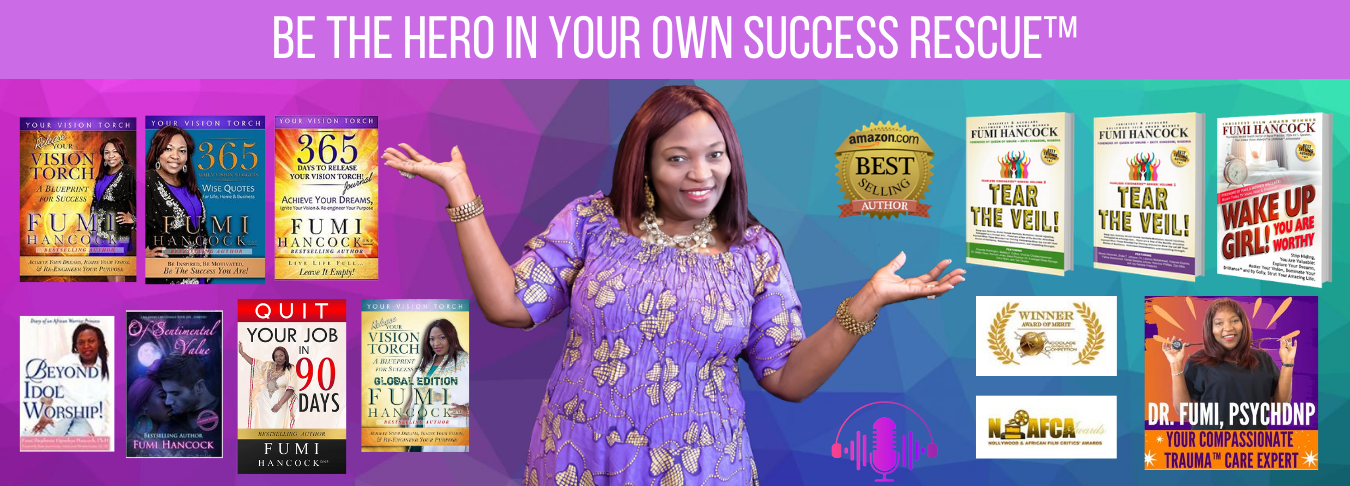 Last week, we discussed ways to communicate. This week, I’d like to look at the reasons why people fail to communicate correctly. Sometimes, even with all the will in the world, we cannot make ourselves connect with others. It may be our problem—or their problem—but it is a problem. This blog article is about discovery. Discovering why people fail to communicate is crucial to becoming a great communicator. Let’s look failure straight in the face and learn from it.
Last week, we discussed ways to communicate. This week, I’d like to look at the reasons why people fail to communicate correctly. Sometimes, even with all the will in the world, we cannot make ourselves connect with others. It may be our problem—or their problem—but it is a problem. This blog article is about discovery. Discovering why people fail to communicate is crucial to becoming a great communicator. Let’s look failure straight in the face and learn from it.
Compromise Is KEY
If one party is unwilling to budge on an issue, no progress can be made; when the other party senses this stubbornness, they’ll immediately stop trying to make their case. Compromise isn’t an admission of defeat — it’s a way of trying to maximize the payoffs between two parties, and if you ignore that, you’ll have only yourself to blame when the conversation stops.
Ultimately, successful conversations are dependent on two people willing to reach a mutually satisfying conclusion.
Didn’t Anyone Listen?
Too many people focus on the speaking part of a conversation; after all, that’s the part you can control. But it’s far more important to be a good listener. Being a good listener first demonstrates that you’re invested in the conversation and makes the other person feel welcome to share his or her thoughts.
Listening prevents interruption and other habits that can interfere with the natural pattern of conversation and provides a stable ground for mutual communication. Finally, and most importantly, listening allows you to hear and understand what the other party needs, giving you context and direction for your response. Without that initial effort, the conversation will never go anywhere.
Where’s the Respect?
When we don’t get respect from people around us, we may feel unsatisfied and withdraw from the situation. Showing respect in conversation is a prerequisite to having a healthy exchange, and even modest or subtle signs of disrespect can throw off that pattern.
Obvious signs of disrespect include insulting or mocking the other party or belittling what they have to say. Subtler signs of disrespect include interruption or changing the subject before it resolves. Aim to show more respect throughout your conversation, even if you aren’t doing anything intentionally disrespectful.
Failure to Communicate in Conversation
Sometimes, the simplest explanation for a failure in conversation is the most accurate. If one party fails to express things in clear and understandable terms, it stands to reason that the other party won’t have any idea what’s going on.
Honesty
Communication can also fail when one party refuses to express what they’re feeling or thinking honestly. It can be hard to be honest when you’re under pressure, or if you have a shy personality type. For example, when you’re trying to make a good impression at work, you may second guess the value of your thoughts. However, honest expression is vital if you want the conversation to progress.
YOUR VISION TORCH Series
Achieve Your Dreams, Ignite Your Vision, & Re-engineer Your Life Purpose
More blog articles at www.yourinneryou.com
Dear Princess Column at: www.sentimentalnursewriter.com
Download your free sample here






